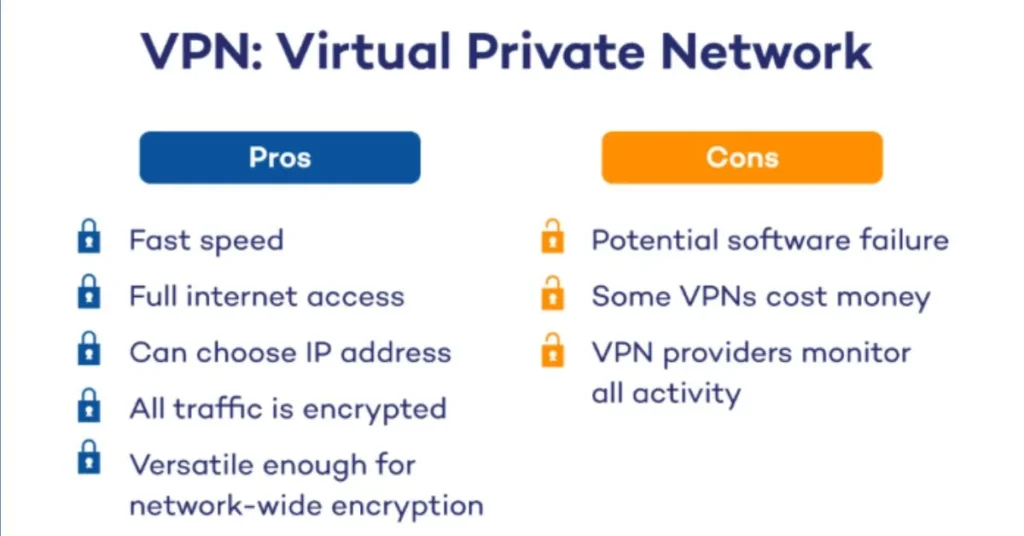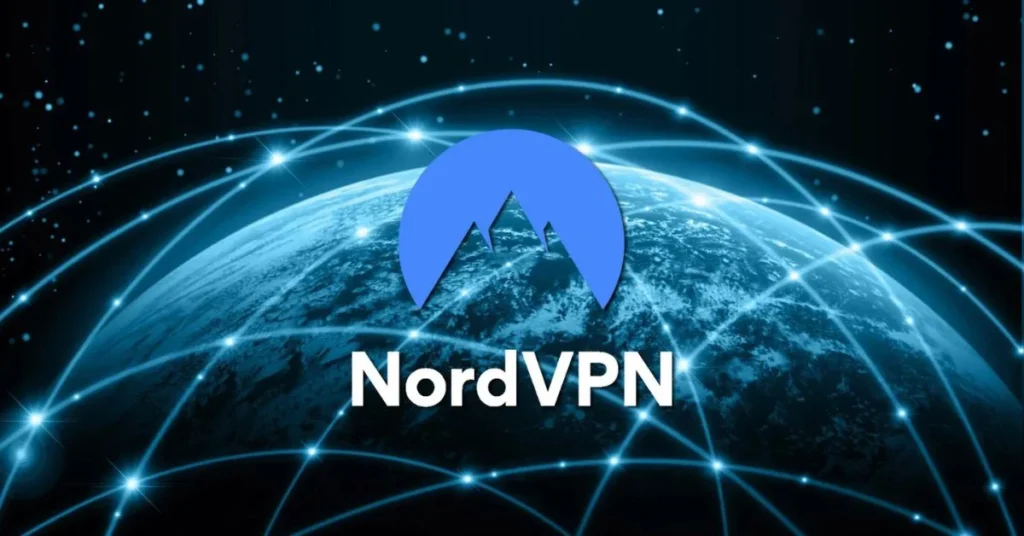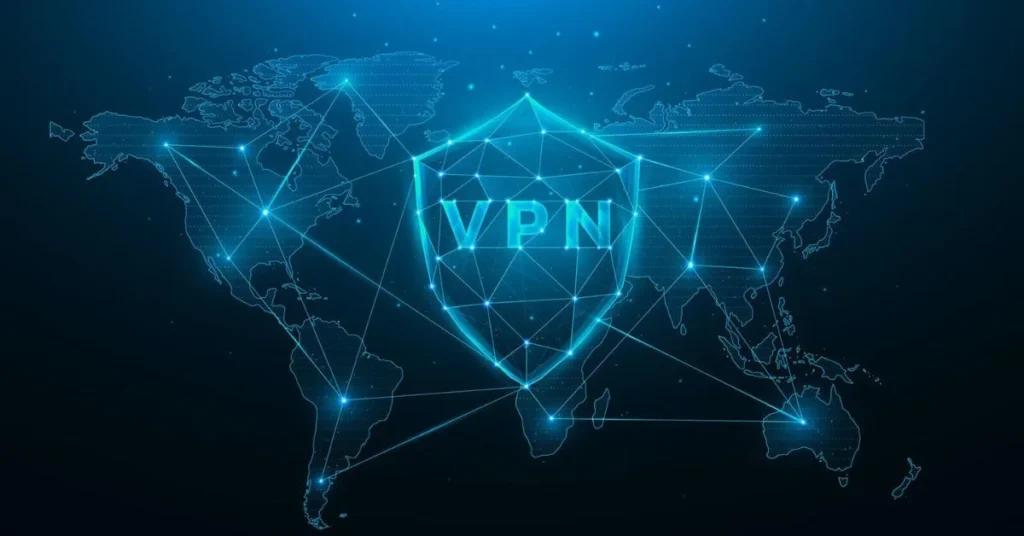Internet Protocol Television (IPTV) has transformed how people access and enjoy TV shows, live events, and on-demand content. Unlike traditional cable or satellite TV, IPTV streams content directly through the internet. However, as IPTV gains popularity, many users wonder if pairing it with a Virtual Private Network (VPN) is necessary for a better experience. This guide explains why a VPN with IPTV can enhance your streaming and protect your online activity.
Understanding IPTV
IPTV uses the internet to deliver television content, eliminating the need for conventional broadcast methods. With IPTV, viewers can enjoy:
- Live Channels: Real-time broadcasts, including news, sports, and entertainment.
- On-Demand Content: Access movies, series, and other programs when you want.
- Catch-Up Services: Re-watch missed programs or events at your convenience.
Its affordability and flexibility make IPTV UK an attractive choice for modern viewers.
What Is a VPN?
A VPN, or Virtual Private Network, provides a secure and private connection to the internet. By encrypting your data and concealing your IP address, a VPN offers:
- Privacy: Keeps your browsing and streaming habits hidden from ISPs and third parties.
- Access to Restricted Content: Enables streaming from regions with geo-blocked services.
- Enhanced Security: Protects your data from hackers on public networks.
Why Use a VPN for IPTV?

Using a VPN alongside IPTV has several benefits:
- Unblock Geo-Restricted Content
- Many IPTV providers limit access to specific regions. A VPN allows you to connect to servers worldwide, unlocking content that might be unavailable.
- Prevent Bandwidth Throttling
- Some ISPs slow down your internet speed when they detect heavy streaming activity. A VPN masks your streaming behavior, ensuring smooth and uninterrupted playback.
- Protect Your Privacy
- A VPN safeguards your personal information, preventing unauthorized access by hackers, advertisers, or government surveillance.
- Secure Streaming on Public Wi-Fi
- If you frequently stream IPTV in cafes, hotels, or other public places, a VPN adds a layer of security against cyber threats.
Legality of VPNs and IPTV
VPNs are legal in most countries and serve as privacy tools for individuals and businesses. However, the legality of IPTV varies depending on the service you use. Always choose licensed IPTV providers to avoid legal complications. A VPN ensures your activity remains private but doesn’t legitimize illegal streaming.
How to Choose the Best VPN for IPTV
When selecting a VPN, prioritize these features:
- High-Speed Connections: To avoid buffering and lags while streaming.
- Wide Server Availability: Access servers in multiple regions for diverse content.
- No-Logs Policy: Ensure the VPN doesn’t store your activity data.
- Device Compatibility: The VPN should work on your preferred streaming devices, such as smart TVs, Android boxes, or computers.
Top VPNs for IPTV

Here are some recommended VPNs for IPTV:
- NordVPN: Known for its speed, advanced security, and global server network.
- ExpressVPN: Offers excellent performance and seamless streaming options.
- Surfshark: An affordable choice with unlimited device connections.
Conclusion
While a VPN isn’t mandatory for IPTV, it provides valuable benefits like unrestricted access, privacy, and protection against bandwidth throttling. Pairing your IPTV subscription with a reliable VPN is a smart move for a seamless and secure streaming experience. Take control of your IPTV experience today. Explore VPN options and enjoy limitless streaming with peace of mind.

